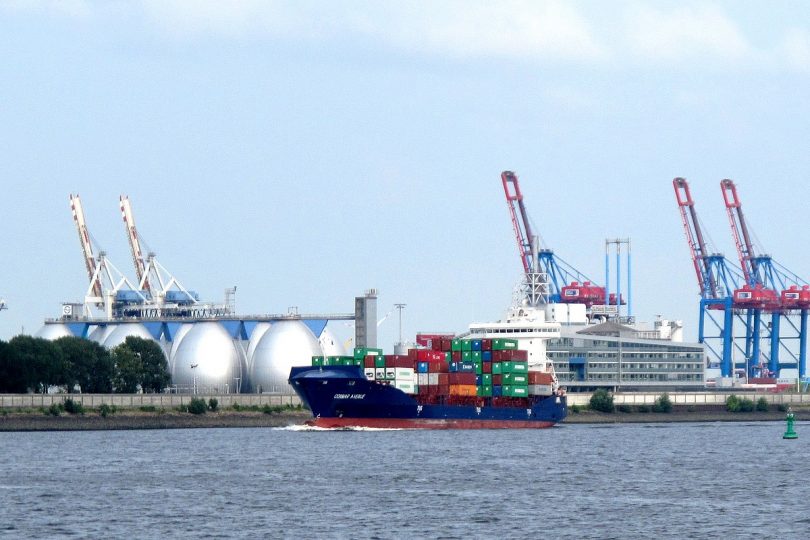The European Maritime Safety Agency (EMSA) has published a guidance document on LNG bunkering bunkering for port authorities and administrations. The document aims at backing the use of LNG (Liquefied Natural Gas) as a ship fuel, as part of a joint effort to increase sustainability.
The guidance was prepared in close cooperation with the European Commission, Member States and stakeholders within the context of the European Sustainable Shipping Forum.
The ESSF provides a platform for a structural dialogue, exchange of technical knowledge, cooperation, and coordination amongst relevant maritime industries’ stakholders and the Commission and its services to better address the environmental sustainability challenges confronting the EU maritime transport sector. Tasks are to
- assist the Commission in the preparation of delegated acts,
- assist the Commission in the preparation of legislative proposals and policy initiatives,
- coordinate with Member States, exchange of views, and
- provide expertise to the Commission when preparing implementing measures
LNG as a marine fuel provides an alternative to traditional fuels by emitting fewer pollutants, such as SOx and NOx. The LNG Bunkering guidance becomes another element in the EU strategy to support the development of alternative fuels for shipping foreseen by Directive 2014/94/EU.
Alternative shipping fuels are also supported through funding instruments, including the Green Shipping Guarantee (GSG) programme, whose first transaction was recently announced for the financing of a LNG powered ferry expected to enter into service in 2019.
More information:
– LNG Bunkering Guidance
– Innovatives Tanksystem für LNG-betriebene Schiffe
– Flüssigerdgas: Treibstoff für schwedische LNG-Fähren





